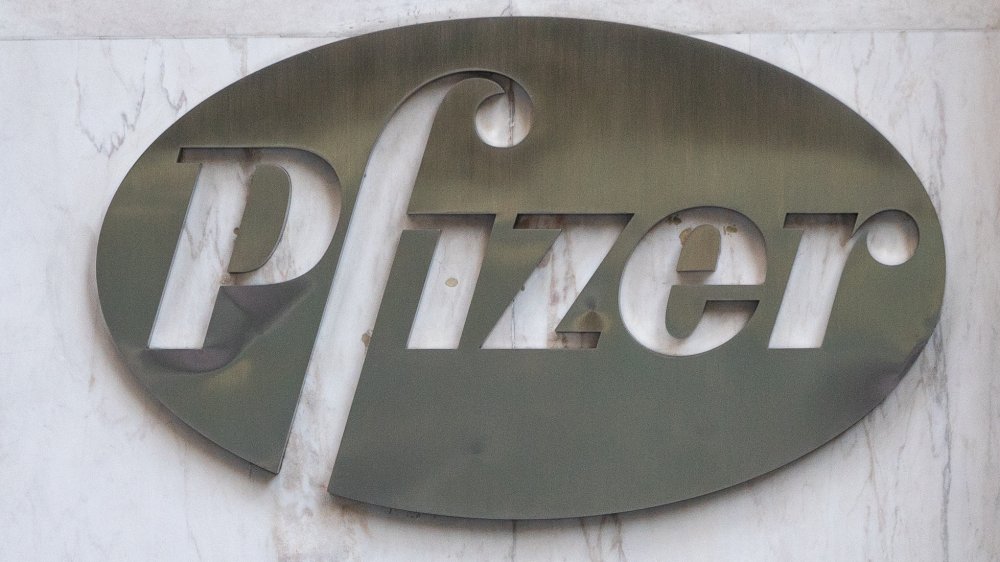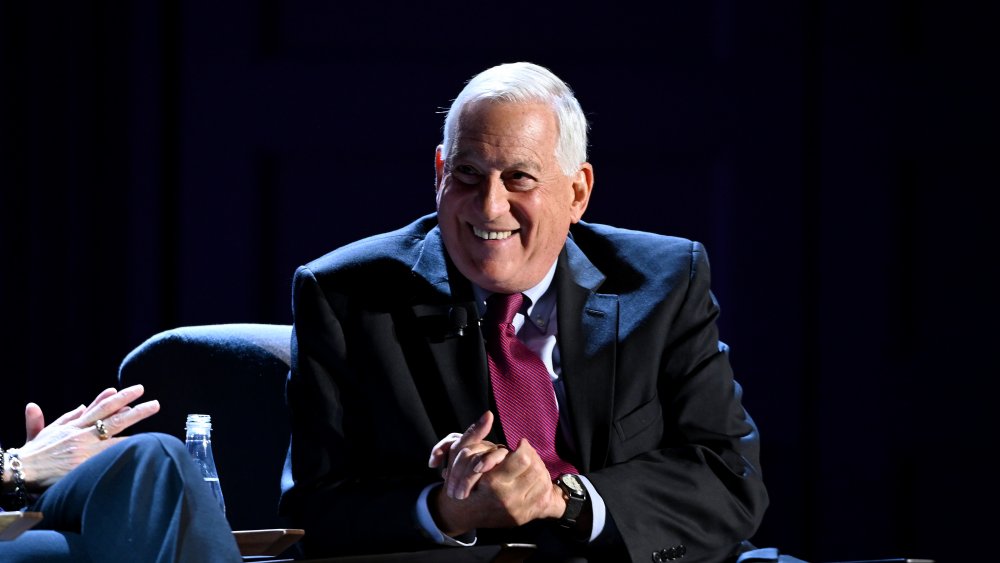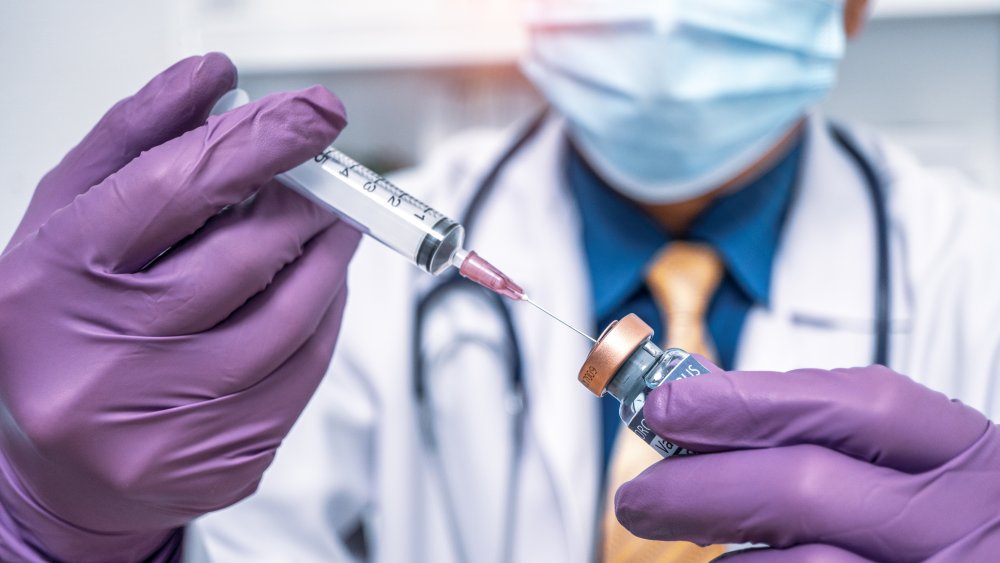Inside Pfizer's COVID-19 Vaccine Trials
The world finally received some mildly encouraging news on Monday, November 9, 2020, when Pfizer reported that its COVID-19 vaccine could have an efficacy rate as high as 90%. Although the data the company analyzed was only preliminary data from a small number of those enrolled and the 90% mark could change as the study progresses, the development was one of the most exciting headlines in months, especially as COVID-19 cases rise to unprecedented levels in the United States. According to CNN, the total number of infections in the country rose to over 10 million in less than 10 months of the pandemic.
As Pfizer CEO Dr. Albert Bourla said in the press release announcing the results, the company couldn't have reached such an important milestone without the thousands of participants in the trial who are acting as guinea pigs to help find a solution to this global problem. "I want to thank the thousands of people who volunteered to participate in the clinical trial, our academic collaborators and investigators at the study sites, and our colleagues and collaborators around the world who are dedicating their time to this crucial endeavor," said Bourla. "We could not have come this far without the tremendous commitment of everyone involved." Such a trial involves a wide range of unknown possibilities about how the vaccine being tested affects the human body. Let's take a look inside Pfizer's COVID-19 vaccine trials.
One writer had 'zero worry' being a part of Pfizer's COVID-19 vaccine trials
Author and journalist Walter Isaacson put his health on the line to give the public an insider's view of what it has been like to be a part of the Pfizer COVID-19 vaccine trials. The Steve Jobs biographer, former Time magazine editor, and current Tulane University history professor spoke with CNBC after Pfizer broke the news of the development. He had some rather hopeful words for a world ready to hear them: "I feel great. And I feel really great for the country and the world and for Pfizer," he said, adding that he had "zero worry" about participating in the study.
Isaacson said he was already writing a book about the revolutionary messenger RNA (mRNA) technology being used to develop the vaccine, something he called "a miracle of molecular biology," so he decided to go ahead and sign up for the trial. According to The New York Times, the technology injects the genetic material known as messenger RNA into muscle cells, giving the body a blueprint to build proteins, in this case, a certain protein on the surface of the coronavirus. These proteins then trigger the immune system, hopefully teaching it how to respond when it encounters a real COVID-19 cell; it is hoped that the body will receive a long-lasting protection against infection. Drug maker Moderna is also using messenger RNA technology in its vaccine development, meaning Pfizer's positive results could be a good sign for that company's trials, too.
How Pfizer's double-blind COVID-19 vaccine trials work
Even as he gave the interview, Isaacson was still unaware if he got the vaccine or a placebo. This intentional ignorance on the part of the participant is critical to what is called a double-blind clinical trial, which is the most reliable way to yield accurate scientific results. After being accepted to the trial, he went to a hospital to have the vaccine administered. "We don't want you to know whether you've gotten a placebo or the real vaccine," one of the doctors told him. "We don't want it to affect your behavior." She said that even though it was likely that he would not have been able to tell what they were injecting him with, they wanted him not to look "just to be sure."
Isaacson said he did not notice any negative reaction to the injection he received, but that he keeps a diary of the experience on his phone. He sends these entries to Pfizer, and his experiences are used to tabulate the results. He said that if the vaccine is approved, those in the study who received the placebo rather than the real vaccine would eventually be given the vaccine, a decent incentive to encourage people to sign up. If the rest of Pfizer's data is similarly positive and the FDA gives it emergency approval, millions of doses of the vaccine could be available as soon as the end of the year.


